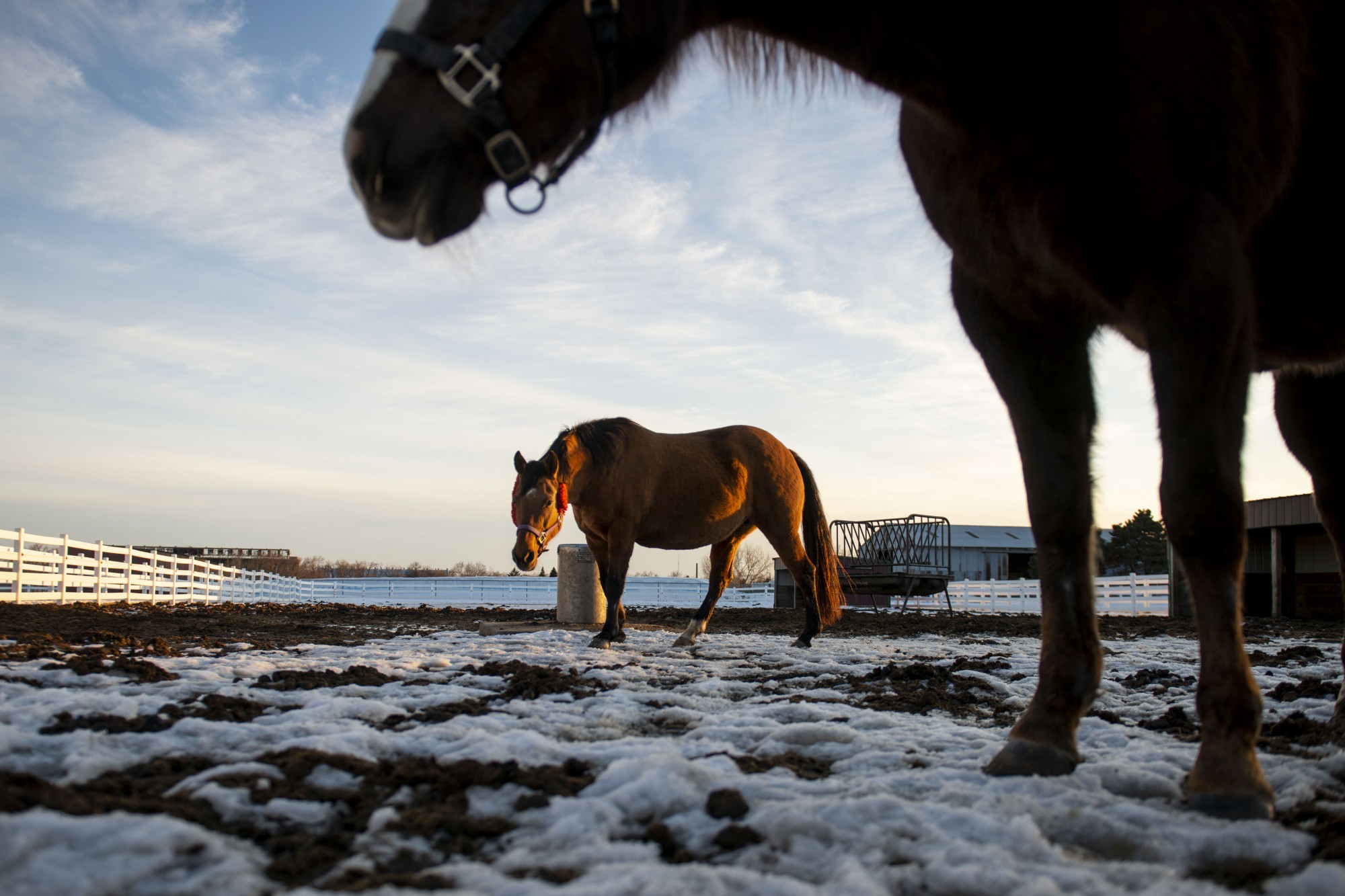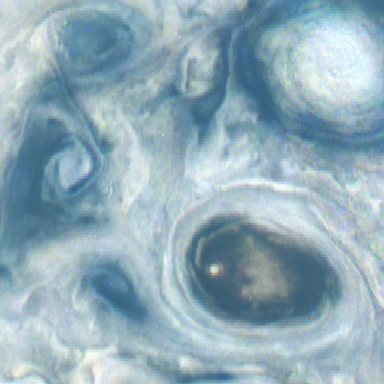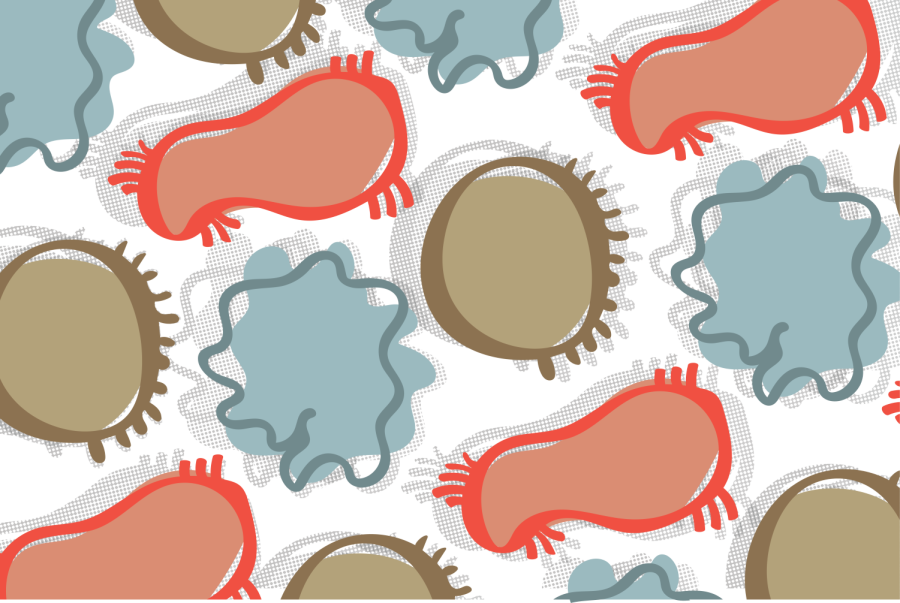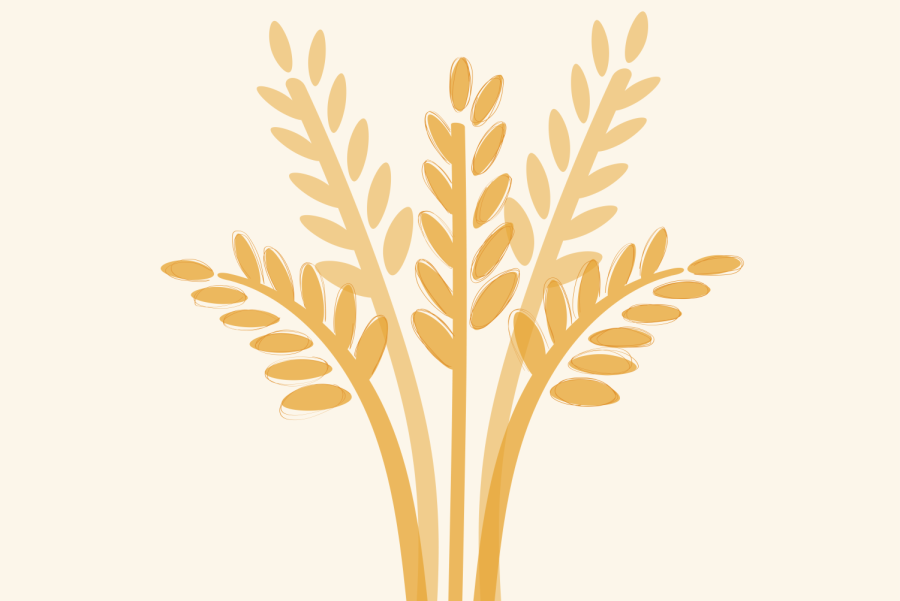University of Minnesota researchers are looking at cardiac conditions in racehorses to point toward a solution for both horses and humans.
Researchers are examining the effects of irregular heartbeats in racehorses, which are more frequently affected than average horses. Many racehorses die suddenly on the racetrack for unexpected reasons that may be due to irregular heartbeats, known broadly as arrhythmias. Researchers said they can examine which arrhythmias cause disease and which ones are specific to horses or humans.
“The prevalence in horses is not common, but in racehorses with poor performances, it’s about 2%,” said Sian Durward-Akhurst, lead author of the study and a University graduate student. Atrial fibrillation is the most common form of irregular heartbeat in horses.
The researchers examined the genes of 534 horses and found greater variations of disease in them, she said. Researchers are analyzing the disease-causing variants identified in both horses and humans.
“It’s something that’s really interesting because why is it causing disease in humans, but not in horses?” Durward-Akhurst said.
They will test these variants in more horses this summer and aim to produce a research paper by next year. Earlier this month, the researchers presented their recent findings at the Santa Anita racetrack in Los Angeles, California.
“Atrial fibrillation is the most common abnormal heart rhythm in humans, in cattle, in dogs. It’s actually an interesting disease because of its impact on multiple species, including us,” said Molly McCue, the principal investigator of the research and the associate dean of research in the University’s College of Veterinary Medicine.
The irregular heartbeats of atrial fibrillation are sometimes referred to as a “quivering heart” due to how they affect the heartbeat’s pace. According to a veterinarian from the Paulick Report, the irregular heartbeat sounds like shoes in a dryer.
Racehorses are bred to have higher functioning cardiovascular systems than other horses, McCue said. Because of this, racehorses are expected to have a higher capacity for exercise.
“They have this really frequent occurrence of arrhythmia,” she said. “The issue now is to figure out why.” Then researchers can determine if arrhythmias are contributing to why racehorses are dying on the race track and if they can prevent it.
James Mickelson, a University professor in the Department of Veterinary and Biomedical Sciences, has studied the genetics of diseases in various animals for more than 20 years.
“The condition of atrial fibrillation and heart arrhythmias is very likely responsible for sudden death of horses on race tracks, just like similar conditions in people, in human athletes, are responsible for sudden fatal deaths as well,” he said.
If researchers can find a new mutation in horse genetics, they can use that to see if the same gene is responsible for any of the human cases, Mickelson said.
Lynn Hovda, chief commission veterinarian for the Minnesota Racing Commission, said horses don’t have heart attacks like humans do because of their different cardiovascular systems.
“[Horses] have cardiac rhythm disturbances, most often atrial fibrillation, that may result in sudden death. I say may as we don’t really know yet,” she said.














